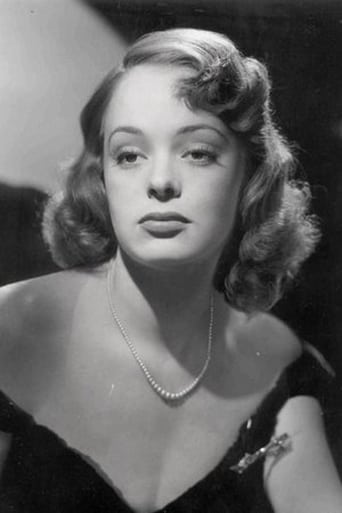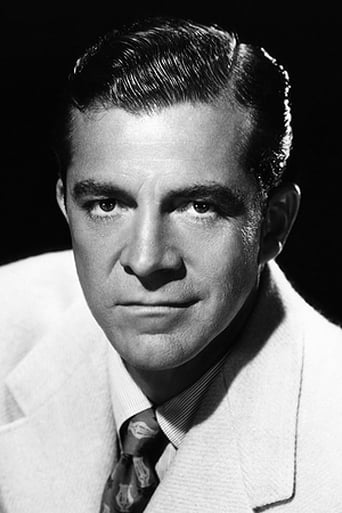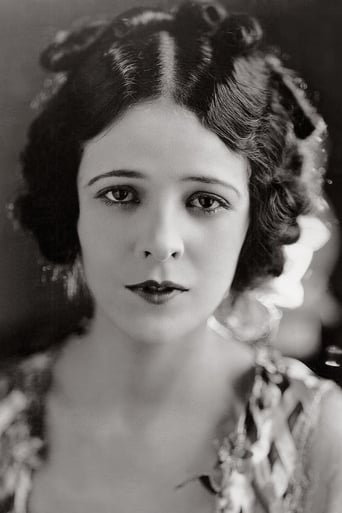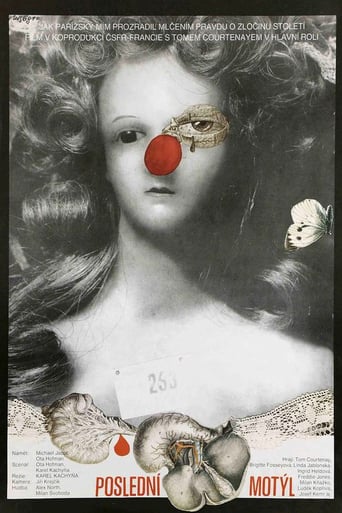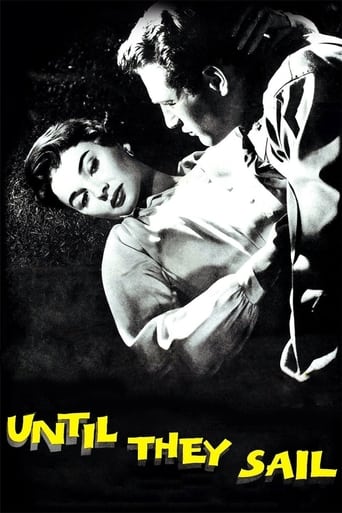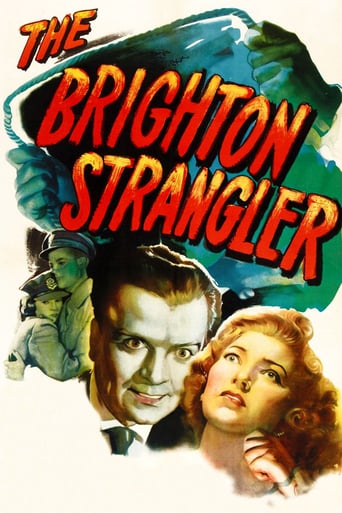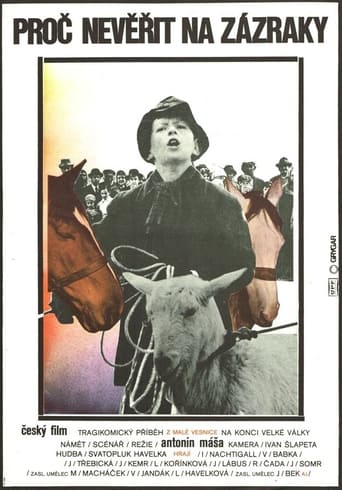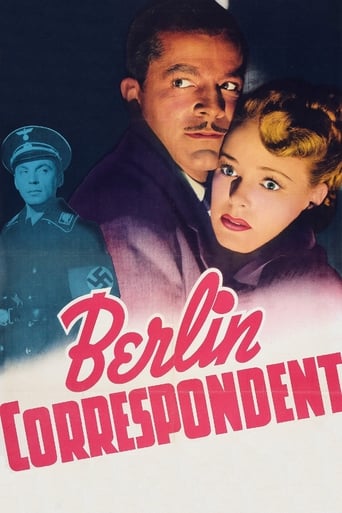
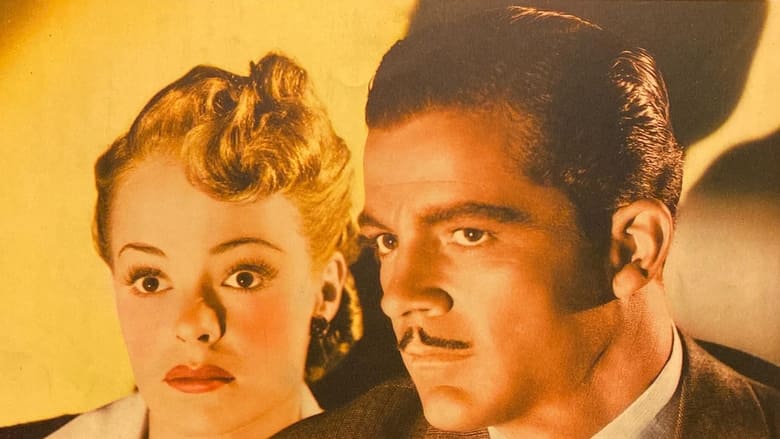
Berlin Correspondent (1942)
Dana Andrews plays Bill Roberts, an American radio commentator station in Berlin in the months before Pearl Harbor. Having witnessed Nazi brutalities first hand, Roberts hopes to alert his listeners of impending dangers, and does so by sending out coded messages during his broadcasts. The Gestapo begins to suspect something and assigns glamorous secret agent Karen Hauen (Virginia Gilmore) to spy on Roberts. When she discovers that her own father (Erwin Kaiser) is supplying Roberts with vital secrets, she turns her back on the Nazis and joins our hero in his efforts.
Watch Trailer
Cast
Similar titles
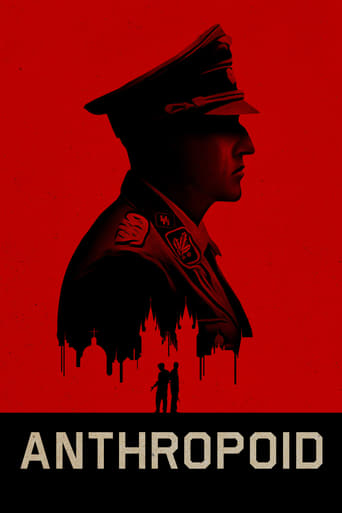
Reviews
Awesome Movie
Absolutely Fantastic
Simple and well acted, it has tension enough to knot the stomach.
All of these films share one commonality, that being a kind of emotional center that humanizes a cast of monsters.
Executive producer: Dore Schary. Copyright 6 May 1948 by RKO Radio Pictures, Inc. New York opening at the Victoria: 20 May 1948. U.S. release: May 1948. U.K. release: 18 October 1948. Australian release: 17 February 1949. 7,893 feet. 87 minutes.SYNOPSIS: Underground Nazis are hunted in post-war Germany.COMMENT: Actually photographed in Frankfurt and Berlin (by authorization of the British, Soviet and U.S. authorities), this taut, exciting, suspenseful thriller has a director who knows how to get the atmospheric best out of his stark and striking natural locations. Moody lighting is a great help too - and so is the ironic background commentary, rarely obtrusive and often neatly counterpointing what occurs on the screen. Tourneur's direction is highly inventive - the characters introduced as the camera tracks along the outside of the train's compartments, the clown toppling into the camera - and he is well served by his cast: Merle Oberon has little to do, though she is a graceful actress and it is pleasing that she does not get involved in any romantic cliches; Robert Ryan is ideally cast, bringing some depth to a part that could easily have been turned into either a foolish caricature or just a walking mouthpiece for philosophic ideals; Charles Korvin has a difficult role, but he and the director have chosen the easy way out by keeping him in the background; Paul Lukas plays with his usual easy authority and assurance; Robert Coote essays the stage Englishman, but with some restraint; former Hollywood director Reinhold Schunzel plays a traitorous friend with convincing weariness and passion; Roman Toporow is a little green as the Russian lieutenant, but this suits the part; Peter Von Zerneck plays the clown with style; Otto Waldis has a small part but he turns it into the film's most memorable portrayal, spitting out revolutionary lines with the spellbinding skill of a satanic demagogue. Even the minor roles are enacted with unobtrusive artistry - Michael Harvey as a phoney sergeant, Charles McGraw as the interrogating officer. Siodmak evidently wrote his story to utilize the actual German locations to the utmost, with every twist in the plot bringing in a new background, as well as piling suspense on suspense. Tourneur handles the action episodes with as much skill and unobtrusive yet exciting authority as he brings to the dialogue and documentary scenes. Other credits are likewise skilled-the music score is unpretentiously effective and the art direction is quite striking. Production values are A-1. OTHER VIEWS: Exciting direction and excellent photography in a neat thriller that tries a little too hard to stress its political message.
Ouch! This wildly implausible story finds Dana Andrews as an American radio correspondent broadcasting censored news back to America shortly before America's entry into WWII. Andrews, however, is getting secret information about military failures of the German army and covertly incorporating them into his newscasts. The secret info is then published in the American newspaper that has the code, much to the Germans embarrassment. The contrived plot has a Gestapo officer use his fiancée to cozy up to Andrews and learn the source of his information. She is almost immediately successful in solving the mystery (it was that easy?) and informing her fiancé. But the joke's on her when Andrews' source turns out to be her father and he's tortured and sent to an asylum for execution. Incredibly, the Gestapo doesn't execute or even arrest Andrews as a spy but lets him go about his business. Not to fear, Andrews saves the day. How? He just impersonates a Nazi psychiatrist (complete with colonel's uniform), visits the asylum, arranges the father's escape, and ships him to Switzerland. How does he solve the problem of the border crossing? Easy. He gives the father his passport, which he had altered by a friend so the 60 year old father would pass as Andrews. The plot gets far worse from here but it's too much too describe. As for the tone of the movie, the treatment of the Germans is so cartoonish and the dialogue so over the top that you'll cringe. Yes, this was a propaganda film but a little more subtlety would have gone a long way. There is, however, one reason to watch this horror: Virginia Gilmore as the Gestapo officer's fiancée. First, she is gorgeous. Second, she has the worst lisp of any leading lady I've ever seen on film. Every "this" becomes "thith." It's really amazing she got any roles at all.
BERLIN CORRESPONDENT was one of many propaganda films that entertained World War II audiences in 1942. When it played the local theater houses in the New York area during the age of double features, BAMBI was on the top half of the bill with the DANA ANDREWS film second on the bill.It's got a really improbable storyline but if you can accept the fact that this is "just a movie" and made for propaganda escapist fare in the early '40s, it's well worth watching.Dana Andrews is excellent as an American reporter who risks his life so that his sweetheart and her professor father can escape the Nazis. By the time the story gets to the concentration camp scenes near the end, it has compiled a number of improbable twists and turns. Nevertheless, it's briskly paced, well acted and photographed in crisp B&W style that results in good entertainment. The story moves to a fast-moving climax when Dana's planned escape goes amok.Martin Kosleck makes the most of his Nazi role, the kind he played often in these wartime dramas, and Virginia Gilmore is pleasantly appealing in the leading femme role. Mona Maris seemed to specialize in playing bad girl spies in these kind of stories.Taut, tense and exciting, flawed only by some improbabilities in the script.
Goof: When the plane takes off it appears to be a Lockheed Electra (twin horizontal stabilizers) and when it lands, it appears to be a Douglas DC-3 (single horizontal stabilizer). As sol1218 said, there are other aeronautical goofs in the story. Berlin is being dive bombed. USA and Britain had no dive bombers in European theatre.The Luftwaffe knows that the American is taking off in a stolen plane, as sol1218 said, and yet their slow flying transport plane is not chased and shot down by any Lufwaffe fighters.I am an Electrical Engineer. The electrocution on the barbed wire is most unrealistic, all the wires are at the same potential, yet the escaping prisoner gets the current from hand to hand. In fact, he would be electrocuted when his feet are on the ground and he first touches the wire.
